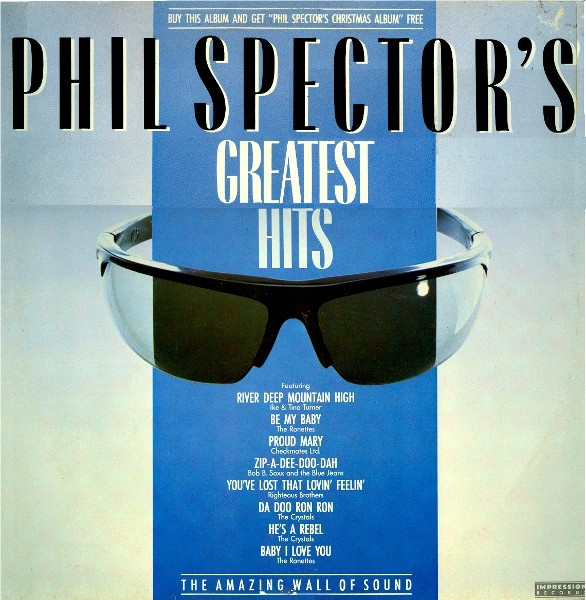Elvis Costello: Hey Clockface - 2020
After a really good virtually Attractions-backed album in 2018’s Look Now, Elvis Costello retains only keyboardist Steve Nieve for this beguiling, slow burner of an album.
The booming, clear drum sound of Attractions drummer Pete Thomas is gone here, replaced by a deep, sonorous beat on the album’s more powerful tracks. Ironically, though, these are the album’s best numbers, as Costello spits out his trademark invective over a murky, dense, unnerving backing. Much of the rest of the album is given over to satisfying Costello’s long held love of thirties-style crooning and jaunty twenties Vaudeville. The crooner and the showman have never been far from his persona for about thirty years or so now. The better, more resonant, meaningful songs, both lyrically and musically are to be found in the first half of the album. Its second half tends to be bogged down in too much slow, mournful, orchestrated crooning. That said, on first listen I found that the album bored me, whereas a few more listens in I found that it grew on me. I still much prefer Look Now, however.
Anyway, on to the tracks. Revolution #49 is a totally inessential spoken intro with Costello talking in his semi-Scouse accent (although at times he sounds like Van Morrison) over a sombre, Eastern-influenced backing. It all sounds a bit pretentious, to be honest. Things pick up soon, however, on the industrial denseness of No Flag, which, despite its programmed percussion is full of buzzy riffs, a muffled, paranoid atmosphere and a killer vocal from Costello. It is up there as one of his best tracks of recent times, reminding me of some of the material on the How To Be Cruel album.
Croony balladry soon arrives, though, on the gentle but mysteriously appealing They’re Not Laughing At Me Now, which has Costello revisiting a familiar theme of a misunderstood clown having the last laugh. It is enhanced by some nice brass parts.
One of the last heavy, chunky numbers on the album is the shuffling, grainy groove of We Are All Cowards Now, which again has echoes some of his early 2000s output. Costello has always liked a bit of soft-shoe vaudeville and he delivers some on the surprisingly enjoyable Hey Clockface/Can You Face Me? It almost breaks into tap-dance at one point and the woodwind swirls, twenties-style, all around. I imagine Costello's father would have loved this.
The Whirlwind is an evocative piano and solo brass backed plaintive ballad. It brings to mind some of the songs on David Bowie’s Blackstar album at occasional points. Hetty O’Hara Confidential is a quirky, thumping and staccato Costello shuffle, full of jerky piano, keyboards, heavy drums and an acerbic, almost rapped-out vocal. This is the final truly powerful, lively number on the album and it is strangely addictive. It reminds me of Hurry Down Doomsday (The Bugs Are Taking Over) from the Mighty Like A Rose album.
The oddly-titled The Last Confession Of Vivian Whip is another bleak piano, strings and voice ballad in that thirties style, like something Bryan Ferry would cover. Similarly maudlin is the voice and bassy guitar ballad What Is It That I Need That I Don’t Already Have? Initially I felt the album was getting into a bit of a crooning rut at this point, but on subsequent listens it has started to get into my system and it becomes sleepily appealing.
The next track, Radio Is Everything, is an oddity, however, as Costello narrates his lyrics, Van Morrison-style over an ethereal lone keyboard backing (a solo trumpet and some gentle percussion arrives near the end). It is like nothing he has ever done before but it inspires once more a surprising fascination in me. The long, low key end to the album continues on the brush drum, stand up bass and brass ballad, I Can’t Say Her Name and the piano-vocal strains of Byline are just as somnolent.
This is an acquired taste of an album, one that is seemingly set firmly in the drawing rooms of the 1930s but the more I listen to it, the more it eats into me. At first I thought I didn’t like it - a few listens later I loved it.










